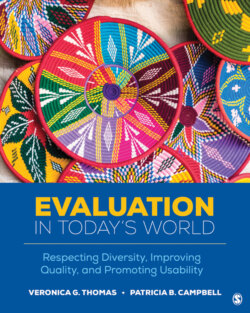Читать книгу Evaluation in Today’s World - Veronica G. Thomas - Страница 51
На сайте Литреса книга снята с продажи.
The Tuskegee Syphilis Study of 1932–1972
ОглавлениеDespite the Nuremberg Code being given status of an international code for the ethical conduct of research and its substantial influence on international documents such as the Universal Declaration of Human Rights (adopted by the United Nations General Assembly in 1948), for many years after the introduction of these documents, researchers continued with unethical practices. In the United States, one of the most infamous biomedical research abuse cases, the Tuskegee Syphilis Study, involved experiments, over a 40-year period, on low-income African American males in Tuskegee, Alabama. As part of a research project conducted by the U.S. Public Health Service, 600 low-income (mostly illiterate) African American males were recruited, 399 of whom were infected with syphilis and 201 of whom served as a control group not infected with the disease. The researchers advertised for “colored” participants with the slogan “Last Chance for Special Free Treatment” by the Macon County Health Department and government doctors. Researchers never obtained informed consent from the men and did not inform the men with syphilis that they were not being treated but were simply being monitored and left to suffer with syphilis long after a cure (penicillin) became available in 1947. By the end of the study in 1972, only 74 of the test subjects were still alive. It was not until May 16, 1997, that President Bill Clinton issued a formal apology for the Tuskegee Syphilis Study, denoting that it destroyed the trust many African Americans had for medical institutions. The following activity provides readers with an opportunity to reflect on the lasting impact of the Tuskegee Syphilis Study.
